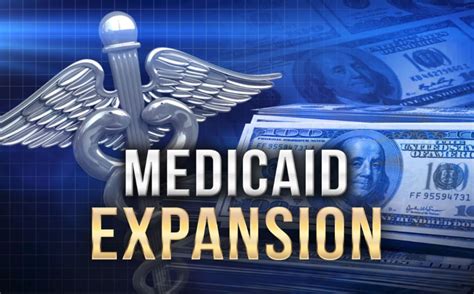Now that a proposal linking North Carolina Medicaid expansion to the approval of more casinos has been left behind passing North Carolina’s budget will remain the final hurdle to the state’s capacity to provide health insurance to 600,000 adults who do not meet eligibility requirements or have sufficient incomes.

North Carolina Medicaid Expansion Budget (Photo: stethoscope magazine)
North Carolina Medicaid Expansion Bill
As per the report of WSOC-TV, after Republican legislative leaders declared late Tuesday that they would adhere to the language in the historic North Carolina Medicaid Expansion bill that Democratic Governor Roy Cooper signed in March, expansion seems to be back on a more stable course. According to that law, Medicaid wouldn’t go into force until the state’s budget for the current fiscal year was approved.
On Thursday and Friday, the final two-year spending agreement will be agreed on before being sent to Cooper’s desk.
Even though North Carolina Medicaid Expansion, one of Cooper’s major priorities, would still be accomplished thanks to the budget, Democrats won’t necessarily find it simple to support the proposal. It will feature Republican demands for tax cuts, increased educational options, and measures that strengthen the legislative and judicial branches’ authority.
Last week, Cooper said he was unsure of his position on the budget. Moore and Berger said they expected all Republicans and even some Democrats to vote in favor of the proposal, which is supported by small veto-proof majorities for Republicans in both chambers.
READ ALSO: Cost-Of-Living Adjustment (COLA): TSCL Study On The Buying Power Of Social Security Benefits Reveals That Inflation Is Moderating
North Carolina Medicaid Expansion Budget
According to AP News, republicans had a different perspective on the budget, whose final version was revealed on Wednesday afternoon and which includes a financial document that is more than 1,400 pages long. The package specifies how the state will spend $30.9 billion in the following fiscal year and $29.8 billion this fiscal year.
Instead of 2027 as required by state law, the individual income tax rate would decrease from its present level of 4.75% to 3.99% by 2026, and if revenue collection requirements are met, it might even decrease to 2.49% in the following years.
The budget was scheduled to be finalized by July 1, but discussions went on all summer. Due to the delay, Medicaid enrollment was put off until at least December instead of the state’s target date of Oct. 1 set by Kody Kinsley, secretary of Health and Human Services.
READ ALSO: Sen. Ron Wyden Introduced The “Protection Of Social Security Benefits Restoration Act” In The Senate

















































